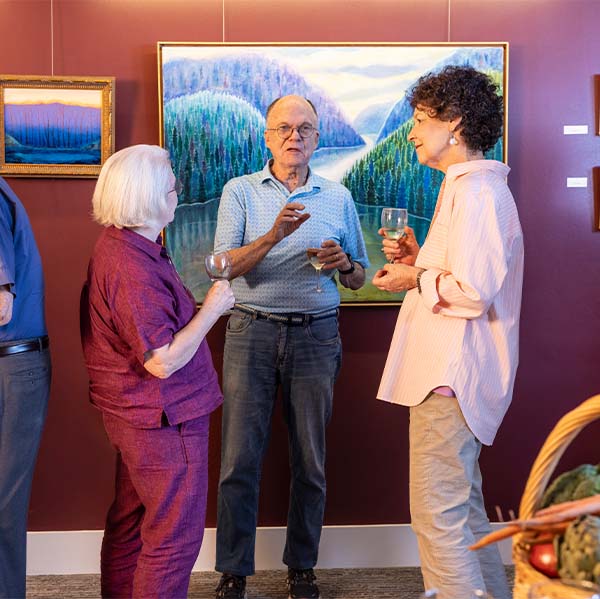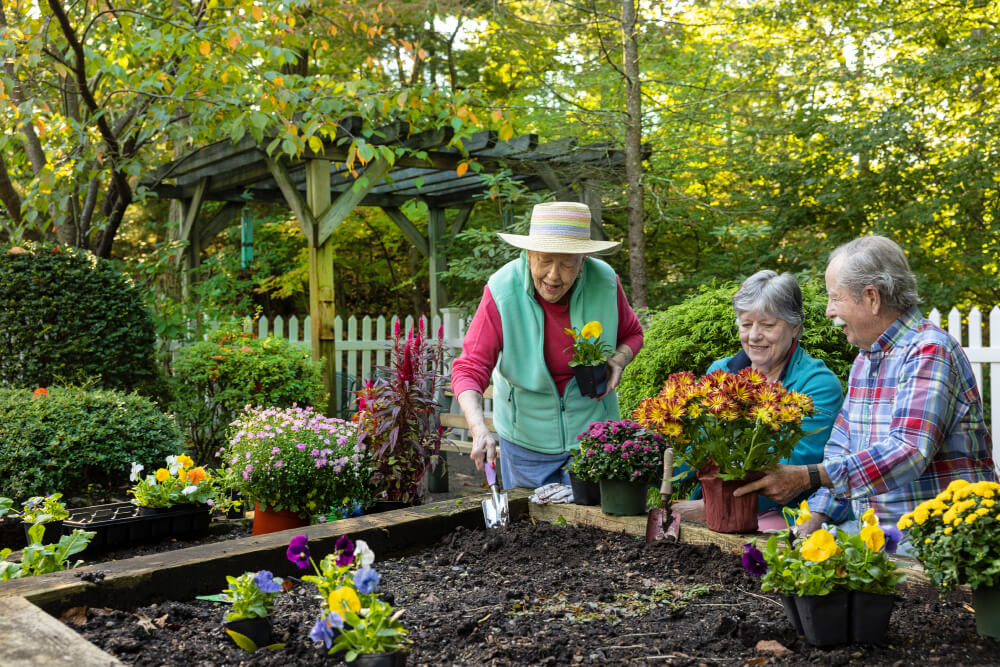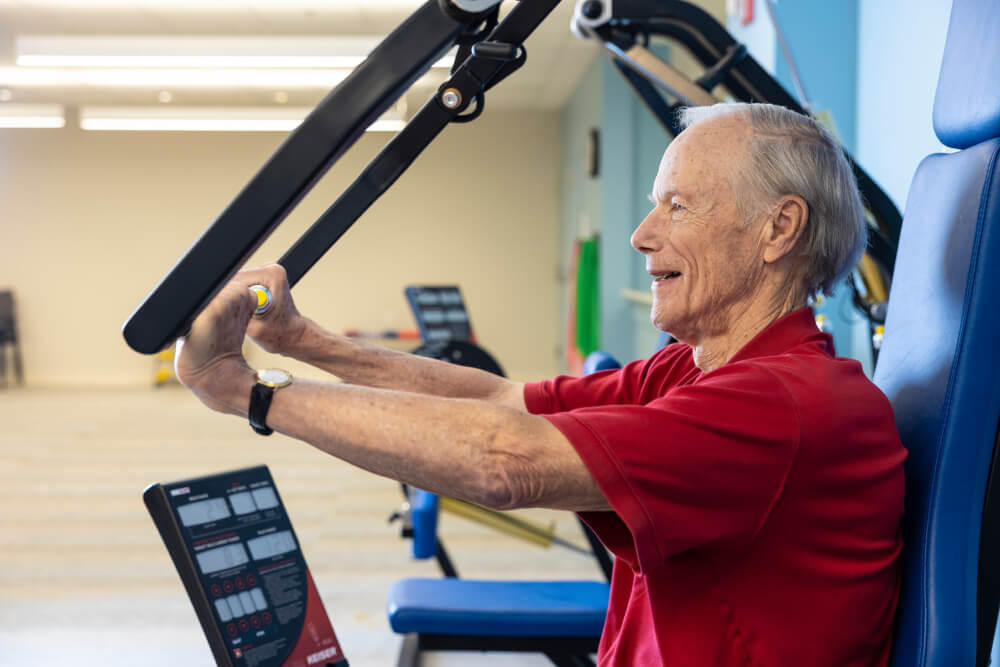HumanGood Life Plan Communities are uniquely designed to empower those who choose to call them home.
Video showing scenes of Life Plan Community at Springhouse, a HumanGood community
It’s not just where you live. It’s where you belong.
 Boston Location
Boston Location
 Set Amid Nature
Set Amid Nature
 Boutique-Sized Community
Boutique-Sized Community
Nestled on 13 acres of natural beauty, Springhouse is a tranquil retreat amid the cultural richness of Boston. Small in size and serene in setting, our nonprofit Life Plan Community offers comfortable, spacious apartment homes, engaging amenities and one of the area's best values in senior living.



Go ahead, picture your best life.
Is Springhouse a good financial fit?
Answer seven simple, anonymous questions, and our easy-to-use calculator will assess which independent living option might be a fit for you.










This is who we are.
We are artists, volunteers, fitness enthusiasts, symphony-goers, lovers of learning and more. We are many things, but mostly, we are a community. We are Springhouse. Come join us.
“Hands down, Springhouse was an easy choice: the smaller size, location near Arnold Arboretum, proximity to Faulkner Hospital and only 20 minutes from the MFA and other museums.”
“My advice is not to wait until you must move. Move while you can still enjoy the cultural and educational activities that Springhouse and its residents have to offer."
“My mother was one of the first people to move into Springhouse in 1996. She loved it here, and so do I! It’s a wonderful place to call home.”
Independent living? Assisted Living?
Take this quick, 4-5 minute quiz powered by Roobrik to find out which of our senior living options could best meet your needs.
Springhouse is an award-winning senior living community.

Boston Magazine
Springhouse was chosen by Boston Magazine as a
2024 Top Senior Living Community.


Stay updated with Springhouse.
Sign up for the latest news. We will never sell or share your email address.
 community
community









.jpg?width=1000&height=667&name=Springhouse-Reception-9796_RT1%20(1).jpg)
.jpg?width=1000&height=667&name=Springhouse-Path-4576_RT1%20(1).jpg)

/Springhouse%20living%20room%20and%20kitchen.jpg?width=1000&height=667&name=Springhouse%20living%20room%20and%20kitchen.jpg)
/Springhouse%20living%20room%20and%20dining%20room.jpg?width=1000&height=667&name=Springhouse%20living%20room%20and%20dining%20room.jpg)



